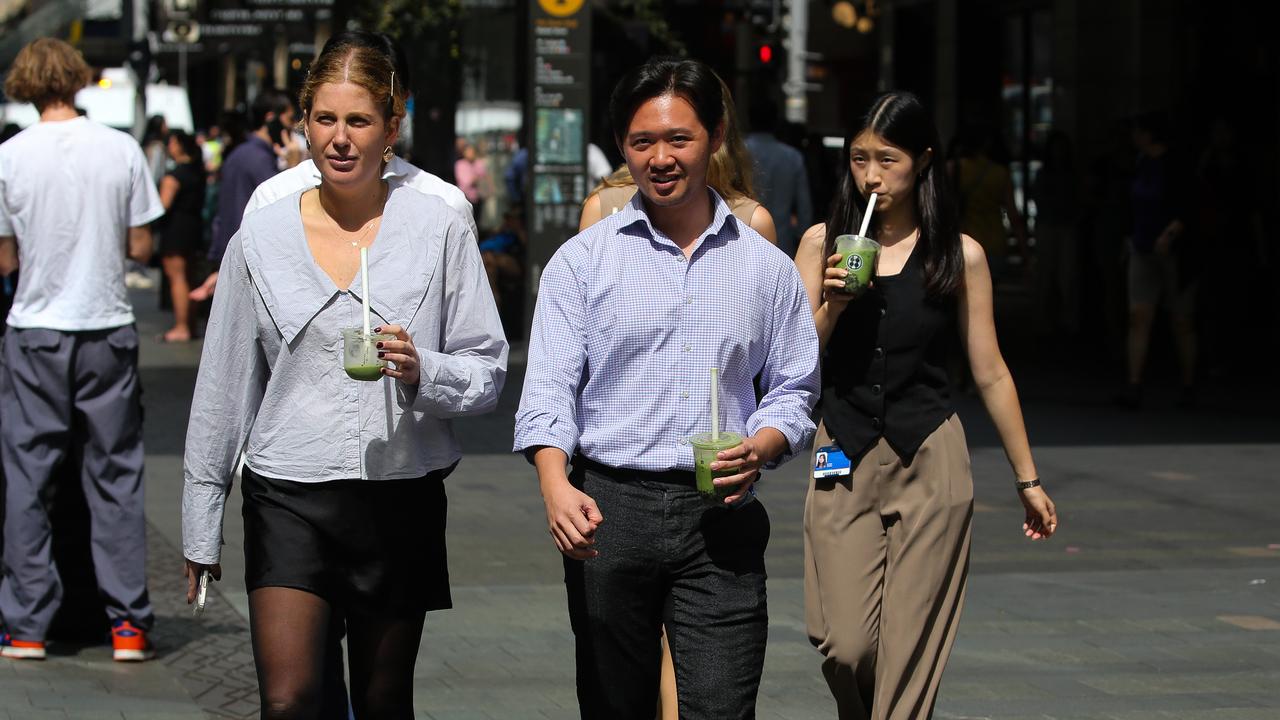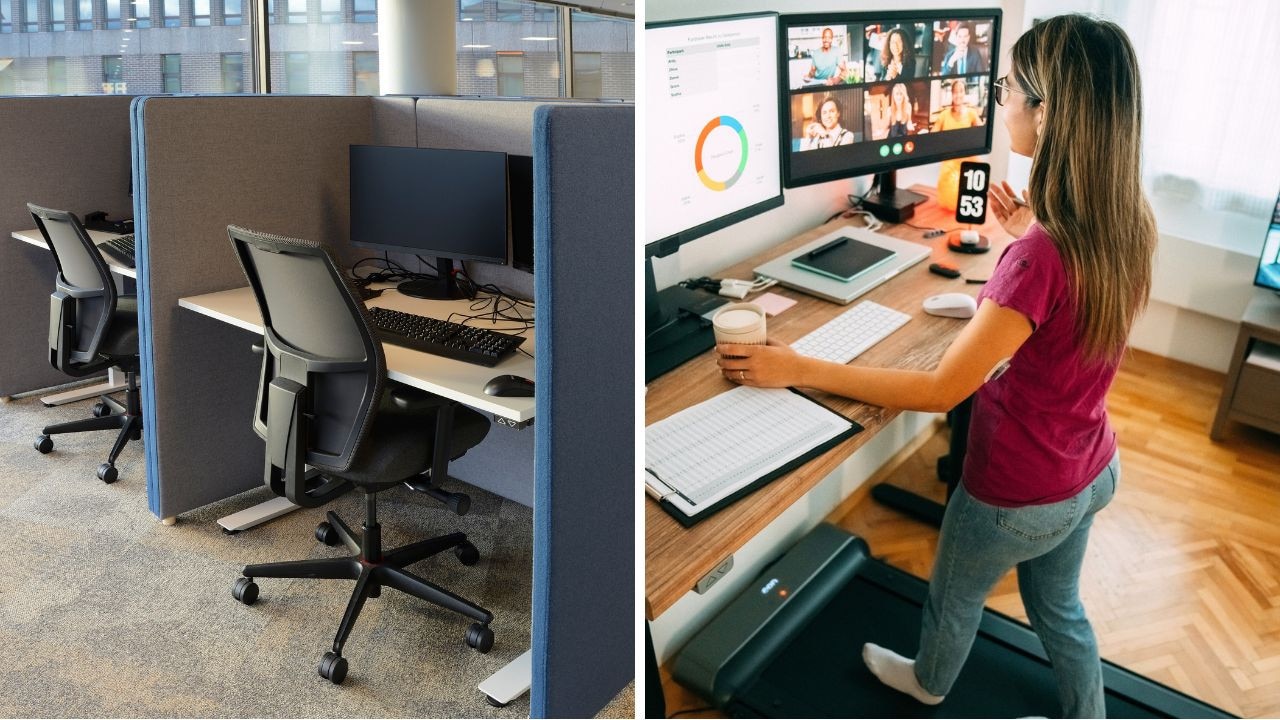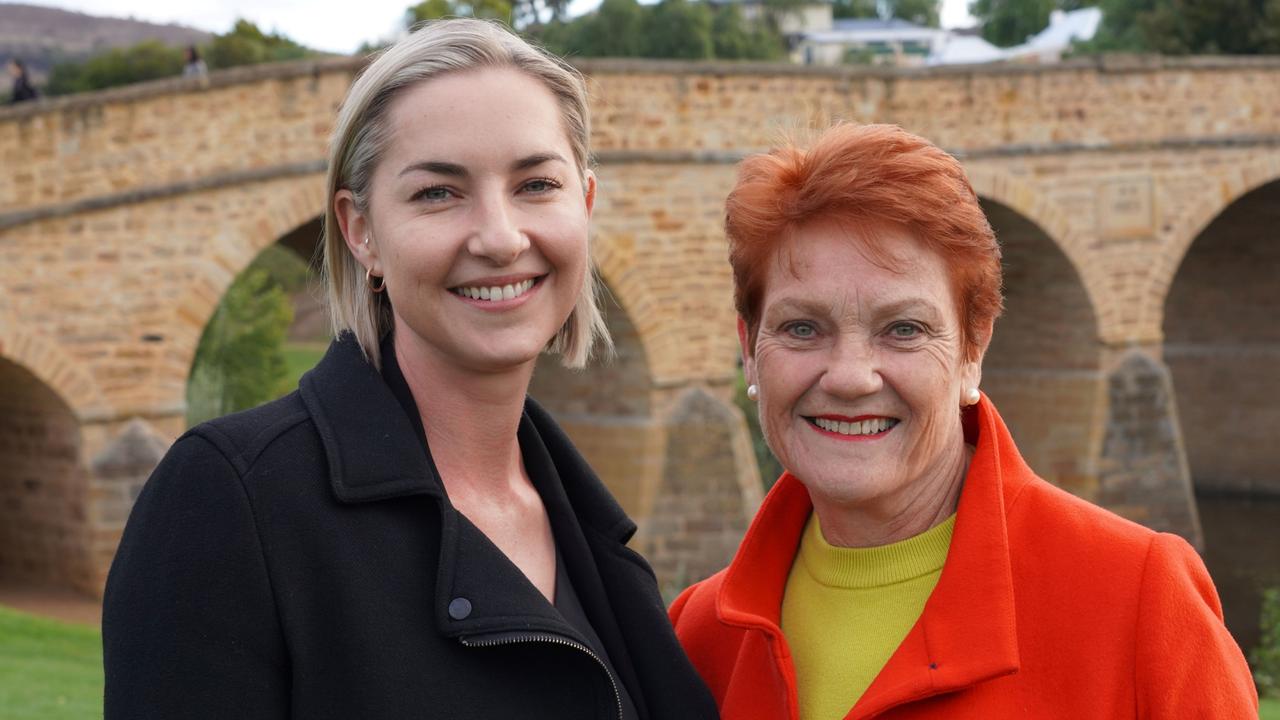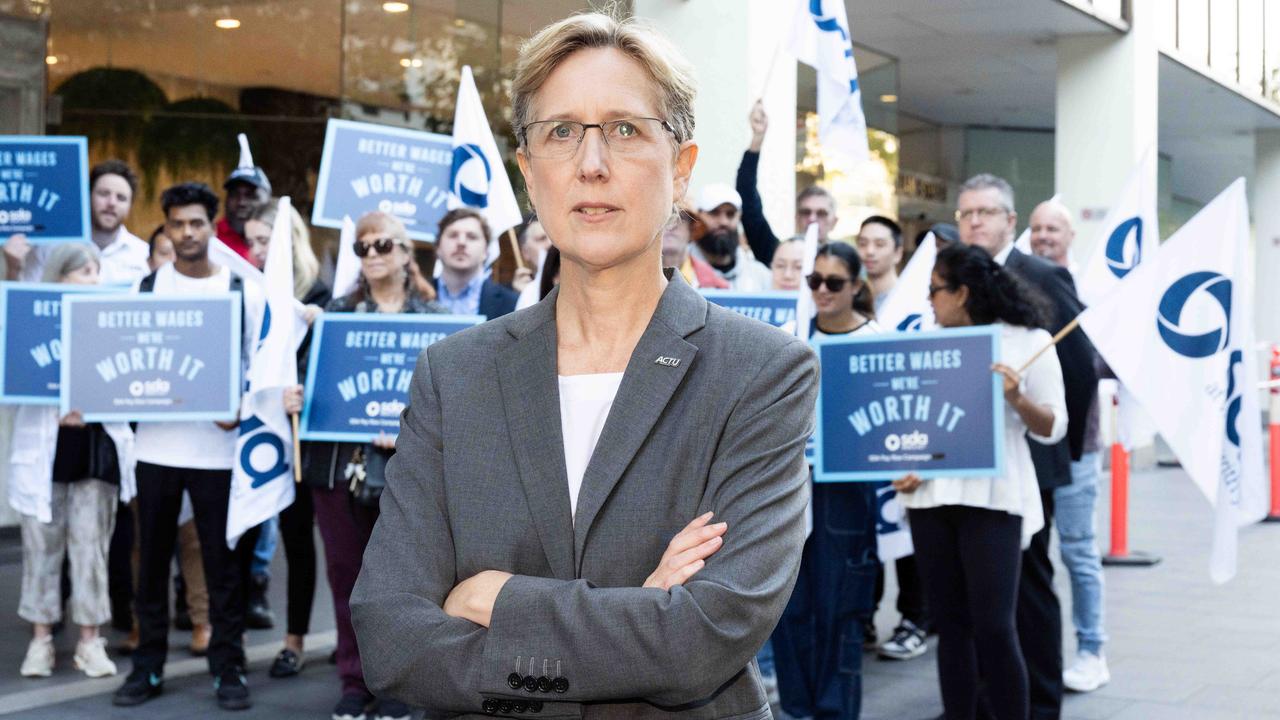Top 100 Graduate Employer Rankings reveals where university students want to work
FORGET big salaries and flashy titles. According to these rankings, that isn’t necessarily what Australians are looking for in their dream careers.
Careers
Don't miss out on the headlines from Careers. Followed categories will be added to My News.
A HIGH salary and prestigious position are not as important to university students as finding a job that offers good training and personal development, according to a new survey.
The Top 100 Graduate Employer Rankings list the companies that graduates most want to work for, according to a survey of 6000 university students.
Unsurprisingly, Google topped the list for the second year in a row and was presented with the top honour on Thursday night by Industry Minister Christopher Pyne.
It is only the second time the list has been compiled by GradAustralia, but director Jeffery Duncan said the rankings seemed to follow industry trends.
“This year mining, oil and gas employers tended to slide down in the rankings, which is perhaps a reflection of economic times,” Mr Duncan told news.com.au.
“Students are probably aware they are not hiring as many people, and factors such as job security aren’t as obvious in that sector.”
As part of the survey, GradAustralia asked students what factors were important to them when choosing an employer.
The top responses were good career prospects, good employer leadership style, training and development, as well as personal development, with 95 per cent of respondents saying they were either important or very important.
The least important factor was status and prestige, with only 63 per cent nominating it as important, followed by high starting salary (66 per cent).
Mr Duncan said this indicated that students were looking for employers who would nurture and train them.
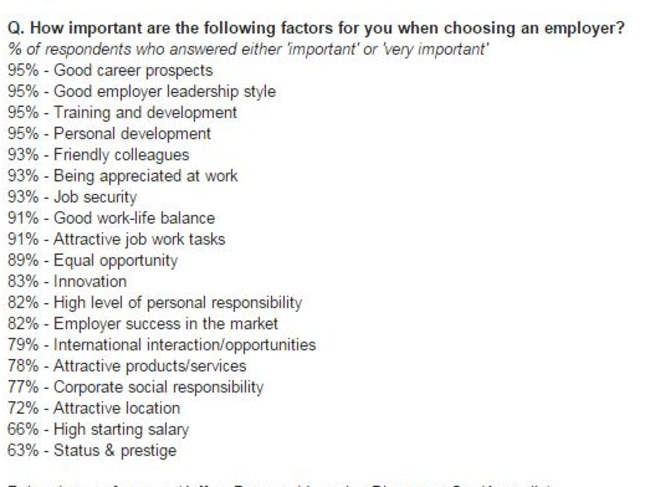
It was also in line with a separate GradAustralia survey that found only 53 per cent of respondents felt their university degrees provided them with necessary work skills.
“Students are looking for employers train them, develop and plug what they see as a skill gap,” Mr Duncan said.
The importance of “personal development” also indicated they were also looking for workplaces to help them develop them as a person.
Interestingly, when students were asked to give a reason for why they chose their preferred employers, the results seemed to conflict with their other answers.
“It’s funny because students say that experience and development is more important than money but when picking their No.1 employer it does seem to creep back into the equation,” Mr Duncan said.
He said their answers indicated status was a factor, particularly for companies such as Google — which topped the rankings — and is a massive global brand and quite prestigious.
But technology-related workplaces in general seemed to be attracting more attention.
“Eighty-three per cent of students agreed that innovation was an important factor when choosing an employer, so it’s not surprising to see students seeking out employers like Google,” Mr Duncan said.
One of the biggest jumps on the list was for Samsung, which rose from 78th position to 19th. Microsoft also entered the top 10, settling in at seventh place from 19th last year. Accenture rose from 37th place to 10th place this year and Cochlear jumped from 88 to 21.
In contrast, many resource companies declined. Rio Tinto dropped from eighth place to 45th, Woodside from 13th to 53rd, Chevron Australia from 10th to 46th and BHP Billiton from fourth to ninth.
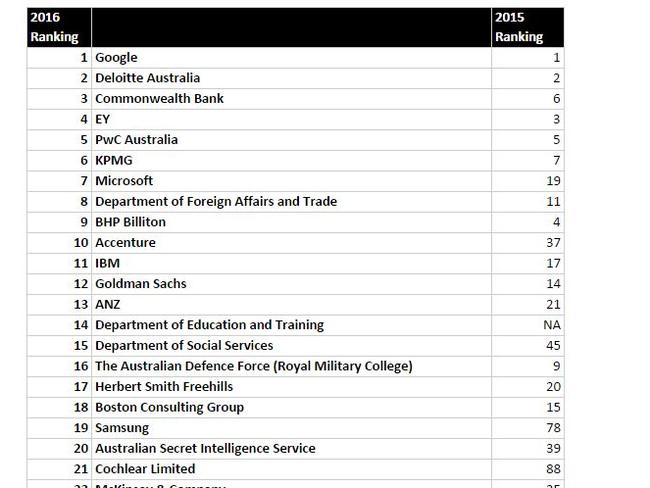
When it came to Google’s success, Mr Duncan said he thought there were a number of factors at play.
“In terms of brand awareness, Google is right at the top, that’s part of it. Then you have to convert this into attractiveness, to make people want to work with you,” he said.
“Google had a movie made about its internship program, for any other Australian company, it’s hard to compete with that.”

TOP 100 GRADUATE EMPLOYERS:
1. Google
2. Deloitte Australia
3. Commonwealth Bank
4. EY
5. PwC Australia
6. KPMG
7. Microsoft
8. Dept. of Foreign Affairs and Trade
9. BHP Billiton
10. Accenture
11. IBM
12. Goldman Sachs
13. ANZ
14. Department of Education and Training
15. Department of Social Services
16. The Australian Defence Force
17. Herbert Smith Freehills
18. Boston Consulting Group
19. Samsung
20. Australian Secret Intelligence Service
21. Cochlear Limited
22. McKinsey & Company
23. Telstra
24. Shell
25. King & Wood Mallesons
26. Arup
27. Macquarie Group
28. Aurecon
29. ASIO
30. AECOM
31. Qantas
32. Boeing Defence Australia
33. Department of Defence
34. Bain & Company
35. Allens
36. Teach For Australia
37. Unilever
38. J.P. Morgan
39. Dept. of the Prime Minister and Cabinet
40. Reserve Bank of Australia
41. Australian Taxation Office
42. L’Oréal
43. Department of Agriculture
44. Cisco
45. Rio Tinto
46. Chevron Australia
47. MinterEllison
48. Lendlease
49. Westpac Group
50. Australian Federal Police
51. Atlassian
52. Clayton Utz
53. Woodside
54. GSK
55. Coca-Cola Amatil
56. BP
57. Woolworths
58. Lockheed Martin
59. ANSTO
60. Procter & Gamble
61. BAE Systems
62. ALDI
63. ResMed
64. GHD
65. General Electric
66. Ashurst
67. Deutsche Bank
68. UBS
69. Coles
70. Apple
71. Corrs Chambers Westgarth
72. Pitcher Partners
73. AMP
74. Clemenger Group
75. Citigroup
76. Australian Bureau of Statistics
77. Mars Australia
78. Morgan Stanley
79. Saatchi & Saatchi
80. Brookfield Multiplex
81. BDO
82. National Australia Bank
83. Orica
84. Bloomberg
85. Optus
86. Grant Thornton Australia
87. Australia Post
88. ExxonMobil
89. Hassell
90. Bureau of Meteorology
91. Hewlett Packard Enterprise
92. DLA Piper
93. Suncorp Group
94. Credit Suisse
95. KordaMentha
96. Nestlé
97. DHL
98. Santos
99. Jacobs
100. WorleyParsons
Originally published as Top 100 Graduate Employer Rankings reveals where university students want to work

